About the Project
Creation of SDGzine 05.
This magazine will tackle Goal 13 / Climate Action
Every person, in every country in every continent will be impacted in some shape or form by climate change. There is a climate cataclysm looming, and we are underprepared for what this could mean.
Climate change is caused by human activities and threatens life on earth as we know it. With rising greenhouse gas emissions, climate change is occurring at rates much faster than anticipated. Its impacts can be devastating and include extreme and changing weather patterns and rising sea levels.
If left unchecked, climate change will undo a lot of the development progress made over the past years. It will also provoke mass migrations that will lead to instability and wars.
To limit global warming to 1.5°C above pre- industrial levels, emissions must already be decreasing and need to be cut by almost half by 2030, just seven years away. But, we are drastically off track from this target.
Urgent and transformative going beyond mere plans and promises are crucial. It requires raising ambition, covering entire economies and moving towards climate-resilient development, while outlining a clear path to achieve net-zero emissions. Immediate measures are necessary to avoid catastrophic consequences and secure a sustainable future for generations to come.
Act Now
The climate crisis continues unabated as the global community shies away from the full commitment required for its reversal. 2010 – 2019 was the warmest decade ever recorded, bringing with it massive wildfires, hurricanes, droughts, floods and other climate disasters across continents.
Climate change is disrupting national economies and affecting lives and livelihoods, especially for the most vulnerable.
Between 2010 and 2020, highly vulnerable regions, home to approximately 3.3–3.6 billion people, experienced 15 x higher human mortality rates from floods, droughts and storms compared to regions with very low vulnerability.
What happens if you don’t take action?
If left unchecked, climate change will cause average global temperatures to increase beyond 3°C, and will adversely affect every ecosystem. Already, we are seeing how climate change can exacerbate storms and disasters, and threats such as food and water scarcity, which can lead to conflict. Doing nothing will end up costing us a lot more than if we take action now.
Solving the problem
To address climate change, we have to vastly raise our ambition at all levels. Much is happening around the world – investments in renewable energy have soared. But more needs to be done. The world must transform its energy, industry, transport, food, agriculture and forestry systems to ensure that we can limit global temperature rise to well below 2°C, maybe even 1.5°C. In December 2015, the world took a significant first step by adopting the Paris Agreement, in which all countries committed to take action to address climate change. However, more actions are critically needed in order to meet the targets.
Businesses and investors need to ensure emissions are lowered, not just because it is the right thing to do, but because it makes economic and business sense as well.
Are we investing enough to combat climate change?
According to the UNFCCC, global climate finance flows reached an annual average of $803 billion in 2019–2020, a 12 per cent increase compared to prior years. However, this still falls short of the levels needed to limit warming, and fossil-fuel-related flows exceeded climate financing for adaptation and mitigation in 2020.
In 2019, at least 120 of the 153 developing countries had undertaken activities to formulate and implement National Adaptation Plans to enhance climate adaptation and resilience, an increase of 29 countries over the previous year. Furthermore, progress in meeting the 2020 disaster risk reduction target has been slow.
What can I do to help?
There are many things that each of us can do as individuals. To find out what you can do, go to: www.un.org/en/actnow
To read more about the UN’s efforts on climate change: un.org/climatechange


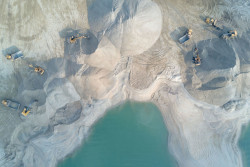

_1733175256.jpg)




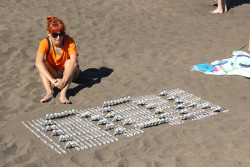
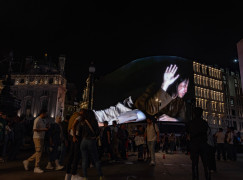




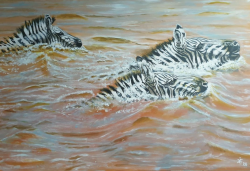


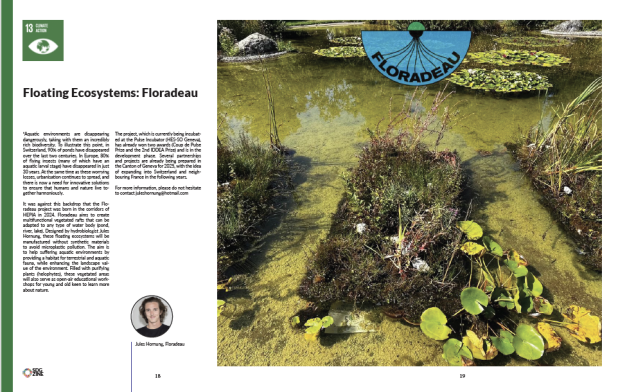

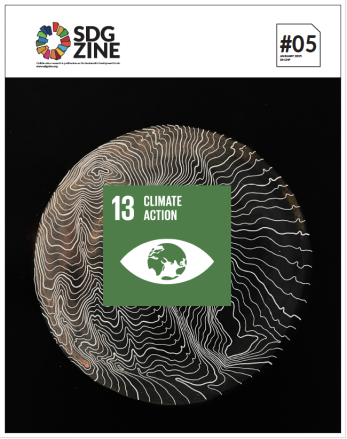

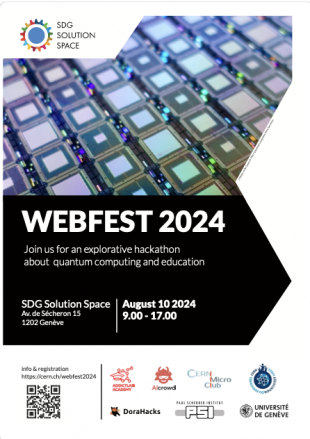

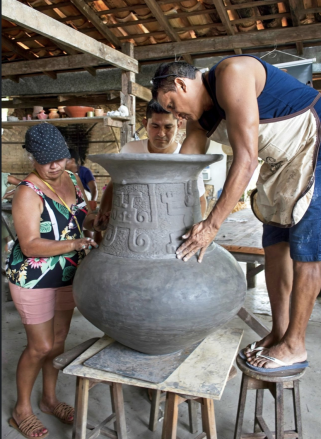

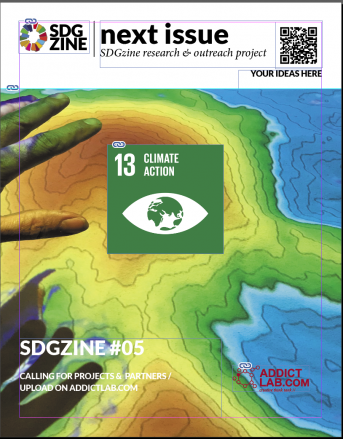
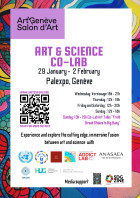
 18
18



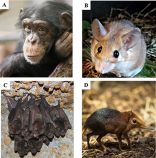


 0
0